Innovation Environmental Protection, Protect Health —— Handa Enterprise Actively Create Environmental Protection Sustainable Products
Scientific research demonstrates an inseparable link between microplastics and human health.
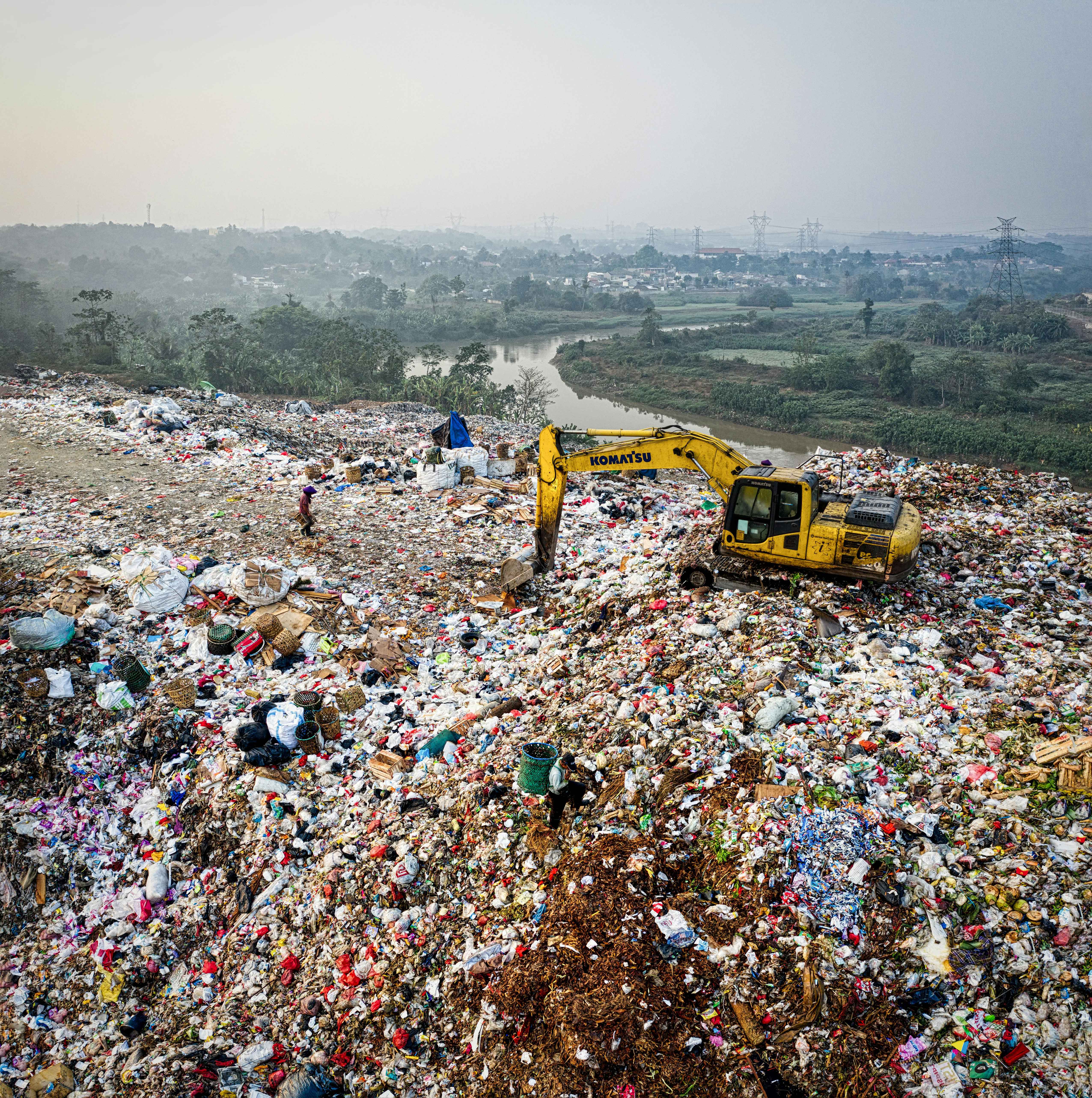
Bottled water, disposable tableware, pre-packaged food, part of household items... With the consumption of plastic products increasing year by year, plastic has infiltrated virtually every corner of our lives. Plastic pollution has become one of the most pressing environmental threats facing the globe. The plastic debris released from these products, upon further degradation through physical, chemical, and biological processes, transforms into a "smaller yet more severe" menace: “Microplastics” or “Nanoplastics”. But only 20 percent of the plastic waste can be recycled or incinerated. The majority of plastic fragments end up in landfills or the natural environment, where plastic can persist for decades or even centuries.
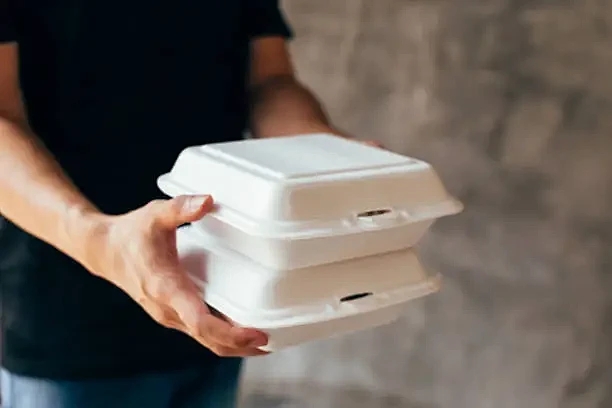
Microplastic ,refers to the decomposition of plastic fragments and particles between 1 μ m and 5mm from a variety of plastic products, such as plastic bags, takeaway boxes, plastic bottles, packaging materials, etc.
Nanoplastic, represent the smallest known form of microplastics, measuring less than 1 μm in size. Compared to microplastics, Nanoplastics are more readily taken up by the human body due to their minute scale, which allows them to penetrate biological barriers like cell membranes and enter biological systems, potentially leading to toxic effects.
They can enter the water, soil and air in the environment, and enter the food chain, and eventually into the human body, having a negative impact on our health.
On March 7,2024, researchers from the University of Campania in Italy published a study titled "Microplastics and Nanoplastics in Atheromas and Cardiovascular Events" in the New England Journal of Medicine (NEJM). The study showed that microplastics and nanoplastics have been immersed in human arteries, increasing the risk of heart disease, stroke and death. Those who were detected had a 4.53 times higher risk of heart disease, stroke, and all-cause death over the next 34 months of follow-up, compared with those who did not detect microplastics or nanoplastics in their arteries. This study is the first time to confirm the association between microplastics and human health.
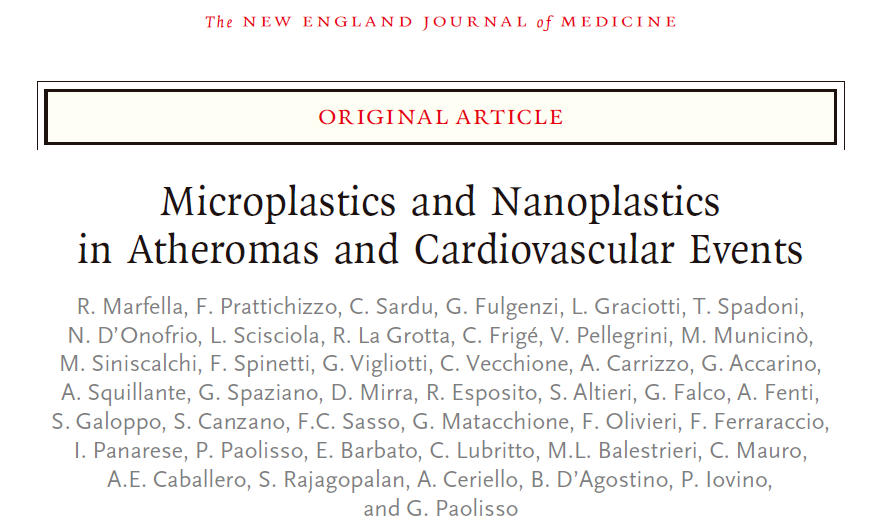
In the face of the severe challenges brought by micro-plastic, HANDA Enterprise with a high sense of social responsibility and forward-looking strategic vision, together with Donghua University in Shanghai Songjiang University Town, to jointly launch a pioneering project. This project through processing modified waste meal box, successfully prepared super fine Dan polypropylene fiber. This breakthrough not only provides a high-value recycling way for waste food boxes, but also injects new vitality into the environmental protection cause.
As a professional engaged in weft knitting fabrics, weaving, dyeing & finishing, garment design & production of the integration of supply chain factory, field Enterprise involved in the project of fabrics and garment manufacturing, by working closely with all parties, common through the technical route, launched the first recycled meal box material preparation of low carbon polypropylene fabrics, the fabric is not only powerful, and excellent environmental performance. After technical processing, the fabric is made into fabrics with fast drying function, as well as T-shirts, showing its wide range of possibilities in practical application.
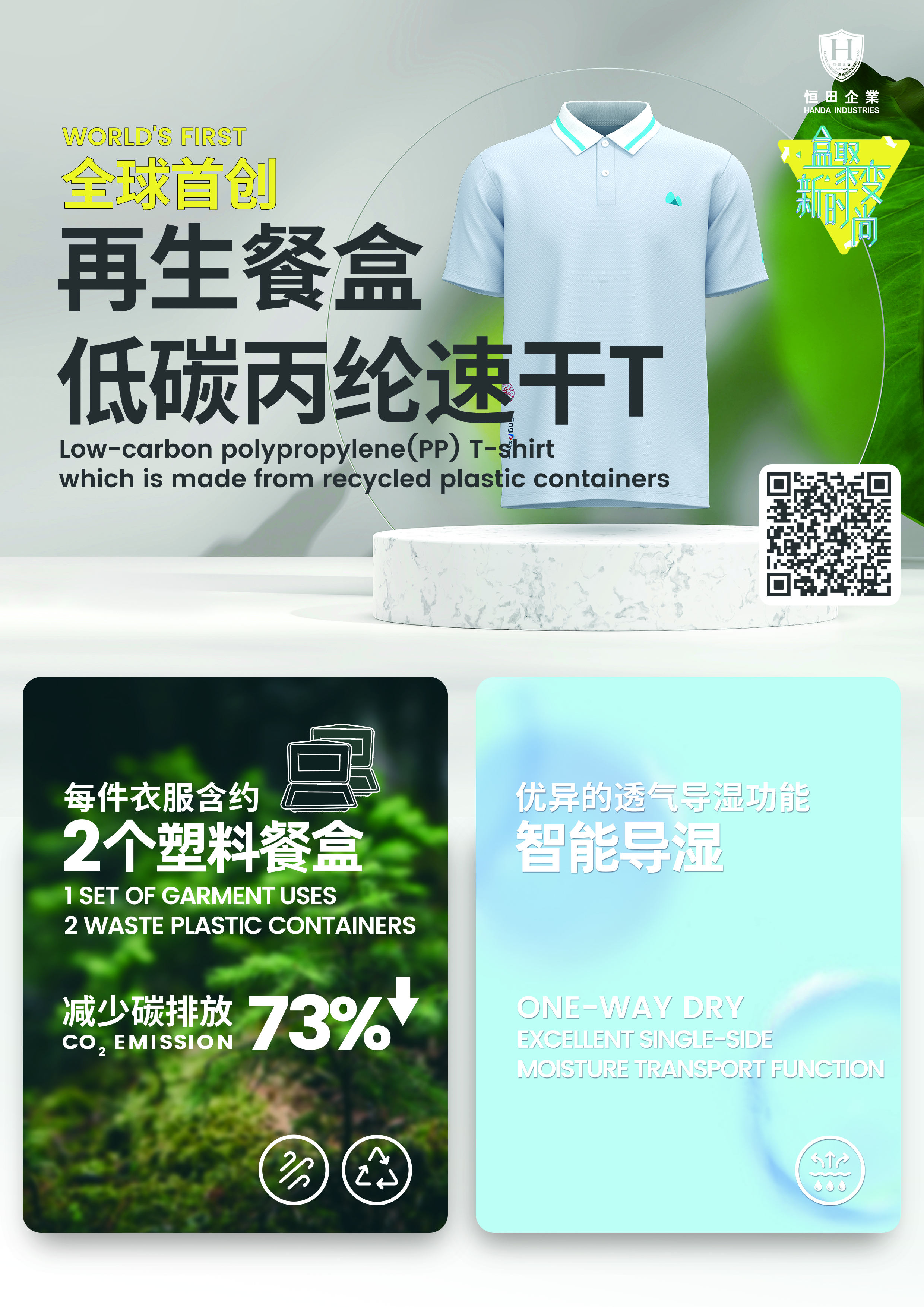
Compared with raw materials, the carbon reduction of fabrics made by this technology is up to 73%, which undoubtedly provides valuable experience and inspiration for us to explore the road of sustainable development. At the same time, it also realized the development of clean production, speed up the realization of green low carbon development breakthrough, for take-out boxes and other plastic products with high value recycling scenario, effectively reduce the pollutant production and emissions, improve the efficiency of resource utilization, realize the development of clean production, speed up the development of green low carbon a big breakthrough.
Moreover, HANDA Enterprise has also developed “Heng · Recycled” series of fabrics, using waste plastic bottles, waste textiles and Marine plastic waste as raw materials, to make recycled polyester fiber recycled yarn, textile made into fabrics and clothing. This innovative approach not only helps to reduce environmental pollution, but also improves the efficiency of resource reutilization.
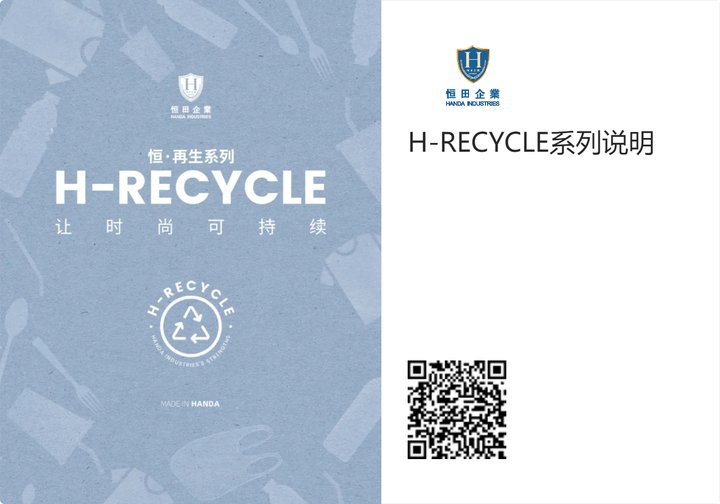
HANDA Enterprise actively responds to the national calls through practical actions, promoting the research and implementation of environmental technologies, and provide a feasible solution for the recycling of waste meal boxes and waste plastic bottles. In the future, HANDA enterprise will continue to contribute to the cause of environmental protection and achieve win-win results between enterprise and society.